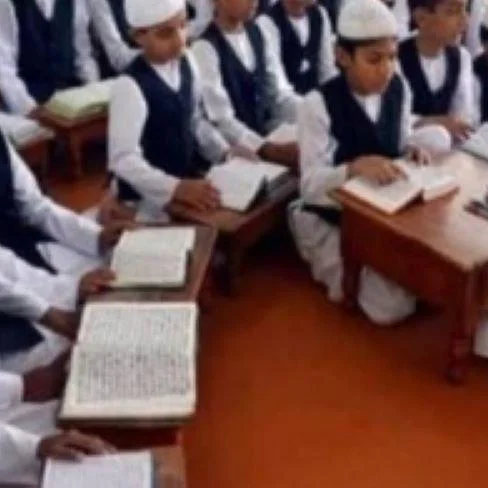An investigation in Azamgarh, Uttar Pradesh, has revealed that many madrasas, or Islamic schools, are not following the rules. A Special Investigation Team (SIT) discovered that 219 of these schools either don’t exist at all or don’t meet the standards set by the government. Because of these findings, authorities have ordered legal action against the people in charge of these schools.
The investigation showed major problems with how these schools are run. These issues raise questions about how government money is being used and the quality of education students are receiving. Therefore, officials are working to fix these problems and make sure students get a good education.
Concerns about these madrasas in Azamgarh aren’t new, dating back to 2009-10. For years, people have claimed that these schools are poorly managed and involved in corruption. The recent investigation supports these claims, showing that there’s a widespread problem within the madrasa system in the area. Furthermore, the investigation started because of complaints about misused funds and schools failing to follow educational guidelines.
Now, “legal action” has been ordered against those running the madrasas that aren’t following the rules, according to officials. This means that those responsible will be held accountable for their actions. The goal is to make sure these schools follow government regulations. In addition, this aims to make the management of madrasas more open and honest, protect students’ interests, and prevent public funds from being misused.
This crackdown on non-compliant madrasas has significant effects on the education system in Uttar Pradesh. It shows how important it is to regularly check and evaluate schools to make sure they meet the necessary standards. Consequently, this situation could lead to more inspections of other madrasas throughout the state. This could reveal similar problems and lead to further changes and improvements in the system.
